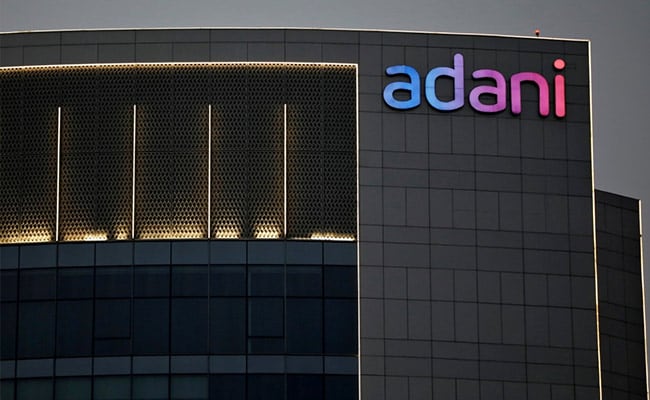In a huge victory for the Adani Group, the Supreme Court on Wednesday said the George Soros-led OCCRP’s report can’t be the basis for doubting the capital markets regulator SEBI’s investigation into the Hindenburg case.
Delivering the judgment, a Supreme Court bench of Chief Justice of India DY Chandrachud and justices JB Pardiwala and Manoj Misra said there were no grounds to transfer the probe to a special investigation team (SIT).
The Securities and Exchange Board of India (SEBI) has investigated 22 out of the 24 cases linked to the US-based short seller Hindenburg Research’s allegations. The Supreme Court gave the SEBI three months to complete investigation in the remaining two cases.
The Supreme Court also ordered the government and SEBI to check whether Hindenburg has ignored rules in shorting the market and to take action accordingly.
“The reliance on the OCCRP report is rejected and the reliance on a third-party organisation report without any verification cannot be used as proof. There are no grounds to transfer the probe in this case from SEBI,” Chief Justice Chandrachud said in the judgment, referring to the Organised Crime and Corruption Reporting Project (OCCRP).
The judgment reflected what the Supreme Court told lawyer Prashant Bhushan on November 24, that the Hindenburg allegations and the OCCRP report targeting the Adani Group cannot be treated as gospel.
“Reliance on newspaper reports and third-party organisations to question the statutory regulator (SEBI) does not inspire confidence. They can be treated as inputs. but not conclusive evidence to doubt SEBI’s probe,” the Supreme Court said today.
“Before concluding, public interest jurisprudence was developed to provide access to ordinary citizens… petitions that lack adequate research and rely on unsubstantiated reports cannot be accepted,” the court said.
The petitions on the issue were filed by lawyers Vishal Tiwari and ML Sharma, Congress leader Jaya Thakur and activist Anamika Jaiswal. The petitions had claimed the Adani Group inflated its share prices, and that the shares of some group entities had fallen sharply after the report by short-seller Hindenburg Research on January 24 last year.
The Adani Group had termed the report a “malicious combination of selective misinformation and concealed facts relating to baseless and discredited allegations to drive an ulterior motive”.
The Supreme Court, explaining why it denied the request to transfer the probe to an SIT, said the investigation should be transferred only under exceptional circumstances, and such a power can’t be used without a strong, logical justification.
A key learning from the Hindenburg row is to plug gaps for the benefit of Indian investors, the Supreme Court said, and ordered the Centre and the SEBI to use the committee’s suggestions to strengthen the investors.
In the last hearing, Solicitor General Tushar Mehta, who appeared for SEBI, had said it had completed looking into 22 of the 24 cases of suspected transactions, and information from agencies abroad was awaited for the remaining two.
A separate committee appointed by the Supreme Court that looked into India’s regulatory mechanism to protect investors, in its report submitted in May last year, had also given a clean chit to the Adani Group.
It had said there was no regulatory failure on the part of SEBI, and no price manipulation on the part of the Adani Group. The conglomerate had taken necessary steps to comfort retail investors amid severe market turmoil following the publication of the Hindenburg report, the committee had said.
In its response to the Hindenburg report, the Adani group had called it a “selective and manipulative presentation of matters already in the public domain to create a false narrative”.
“This is not merely an unwarranted attack on any specific company but a calculated attack on India, the independence, integrity and quality of Indian institutions, and the growth story and ambition of India,” the group had said in a statement.














